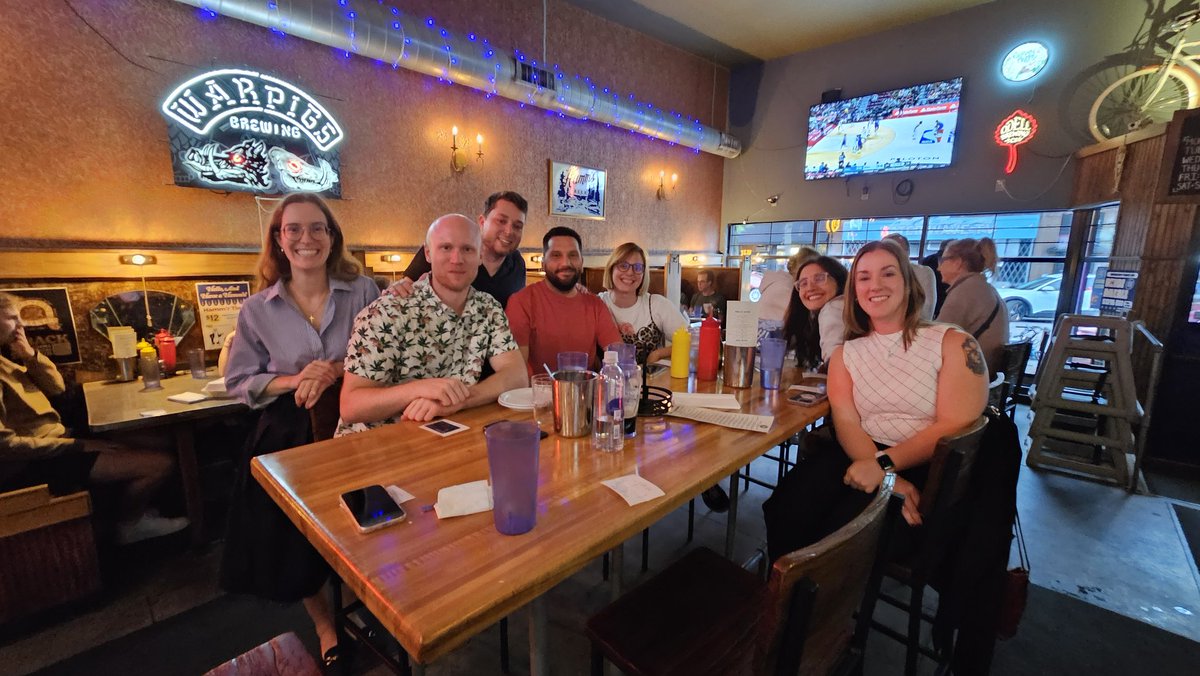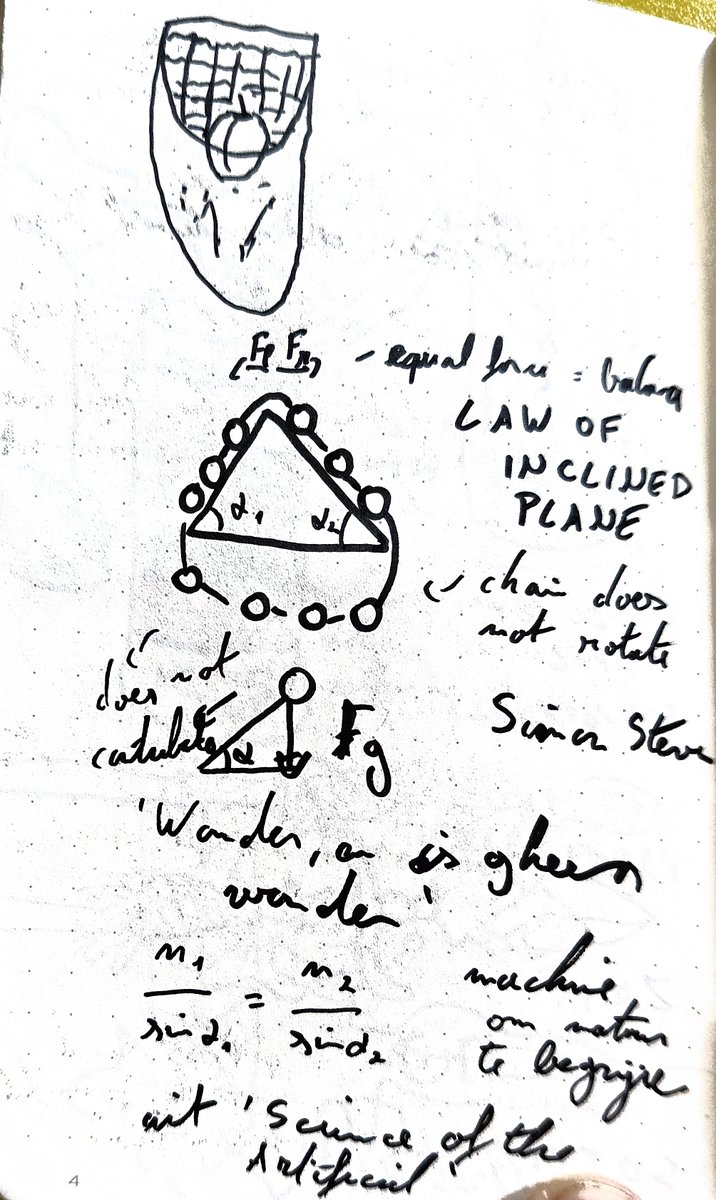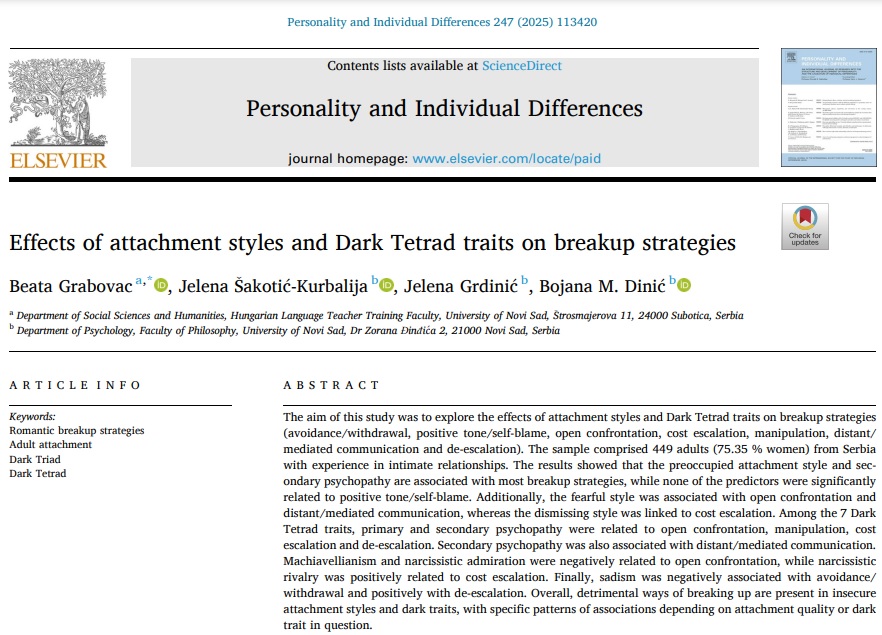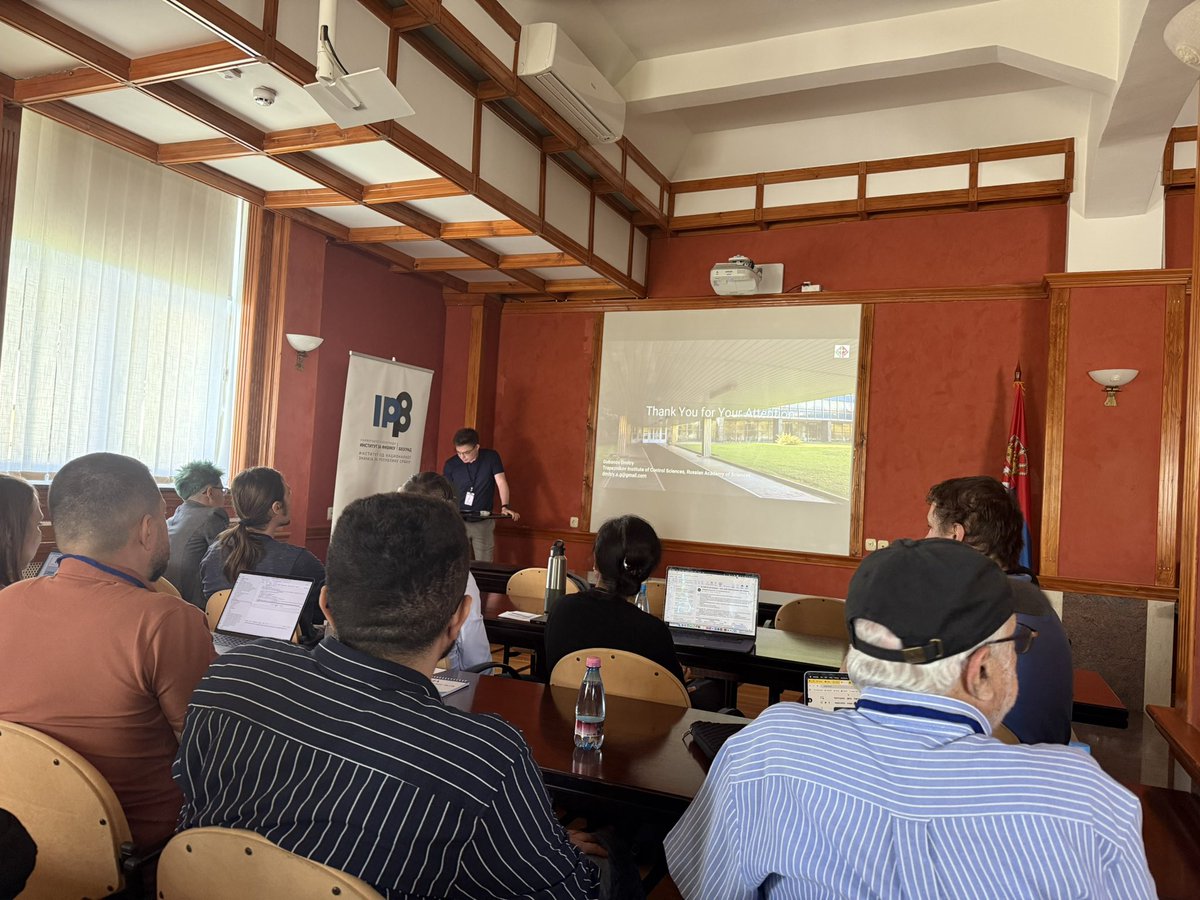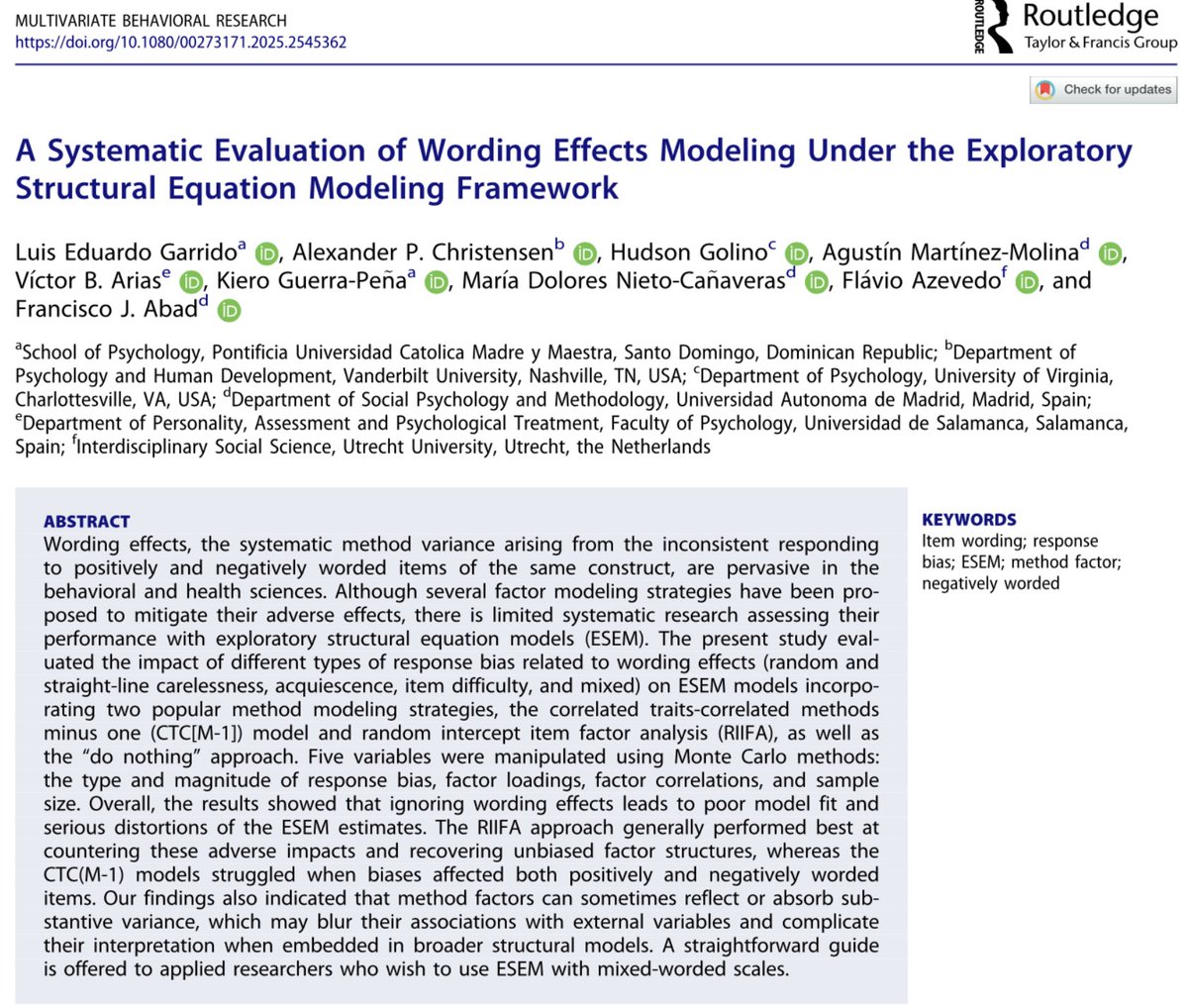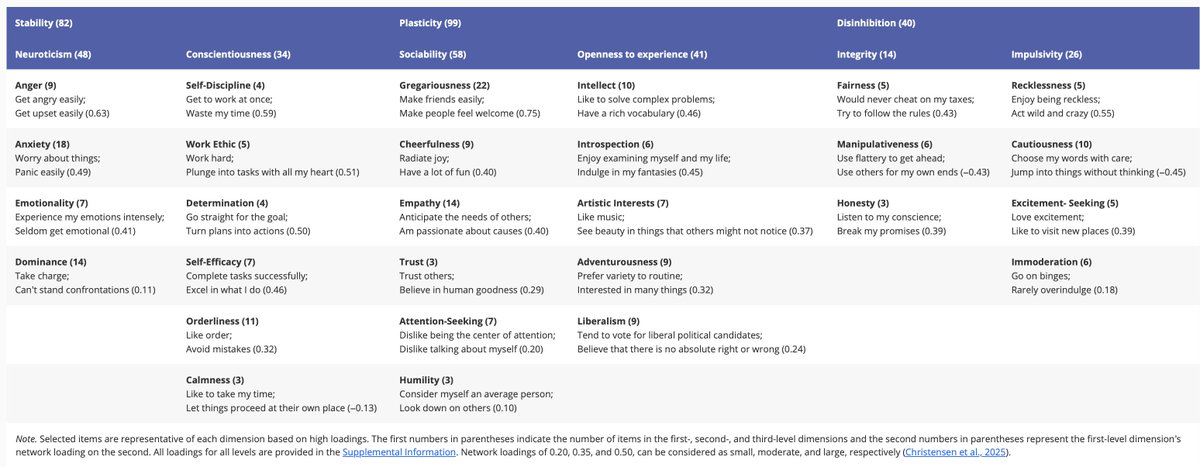
Aleksandar Tomasevic
@atomasevic
Computational social science.
Assistant professor at University of Novi Sad.
🕸🐍🐧👨🏻💻 #RStats (random ordering).
ID: 27249987
http://www.atomasevic.com 28-03-2009 15:45:50
2,2K Tweet
984 Followers
1,1K Following

Tomorrow, from 9 to 10:15 am at Psychometric Society, join us for our symposium - Generative Psychometrics: Advancing Psychological Scale Development Through Large Language Models. Lara Russell-Lasalandra will (Lara Russell-Lasalandra) talk about AI-GENIE: A simulation study on the fully automatic


At the International Meeting of the Psychometric Society (Psychometric Society ) with Alex Christensen, Aleksandar Tomasevic (Aleksandar Tomasevic ), and Lara Russell-Lasalandra (Lara Russell-Lasalandra)!




Come learn with me and Lara Russell-Lasalandra how to automatically generate items and validate them (structural validity) using Large Language Models and Network Methods from Exploratory Graph Analysis!




The next three days we will enjoy interesting talks on networks and graphs at Institute of Physics Belgrade. We thank to our sponsor PLOS Complex Systems
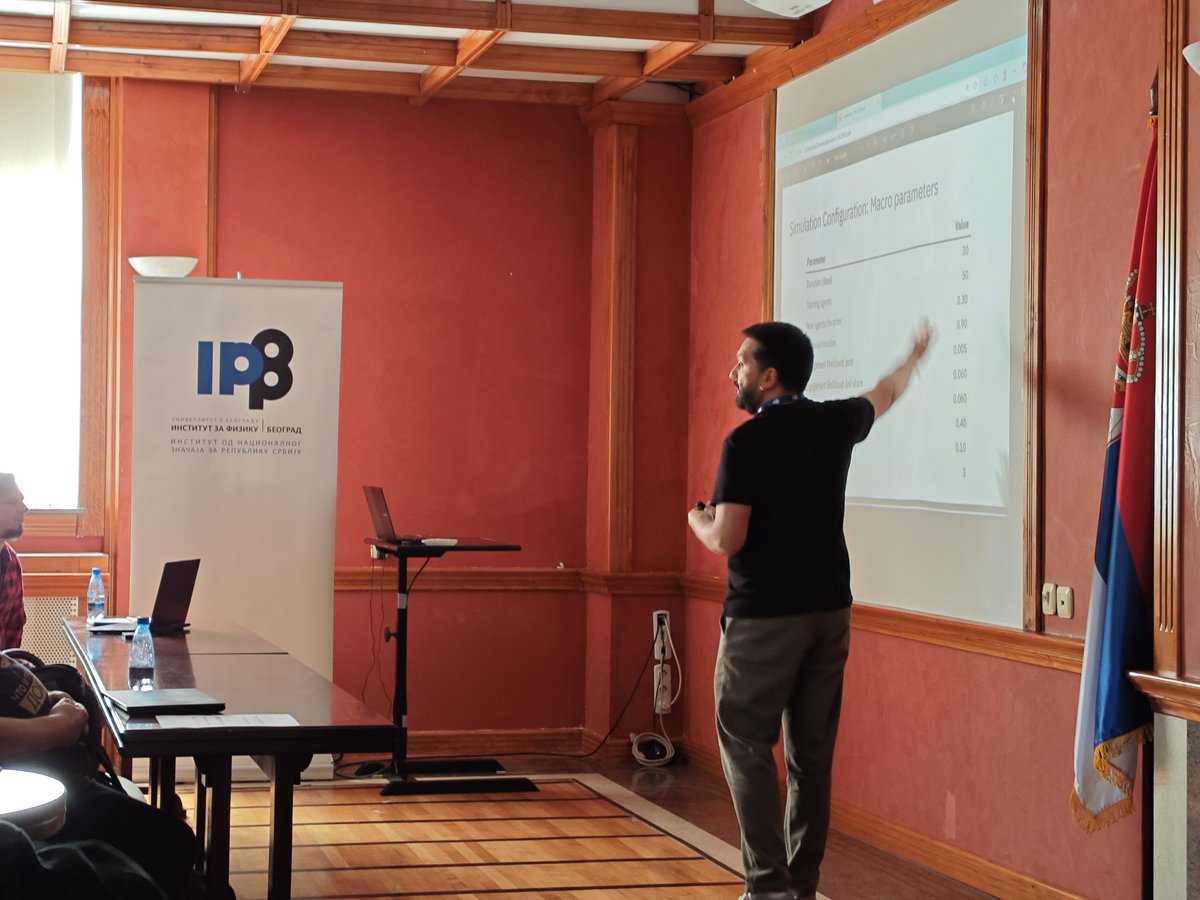



Come learn with me and Lara Russell-Lasalandra




